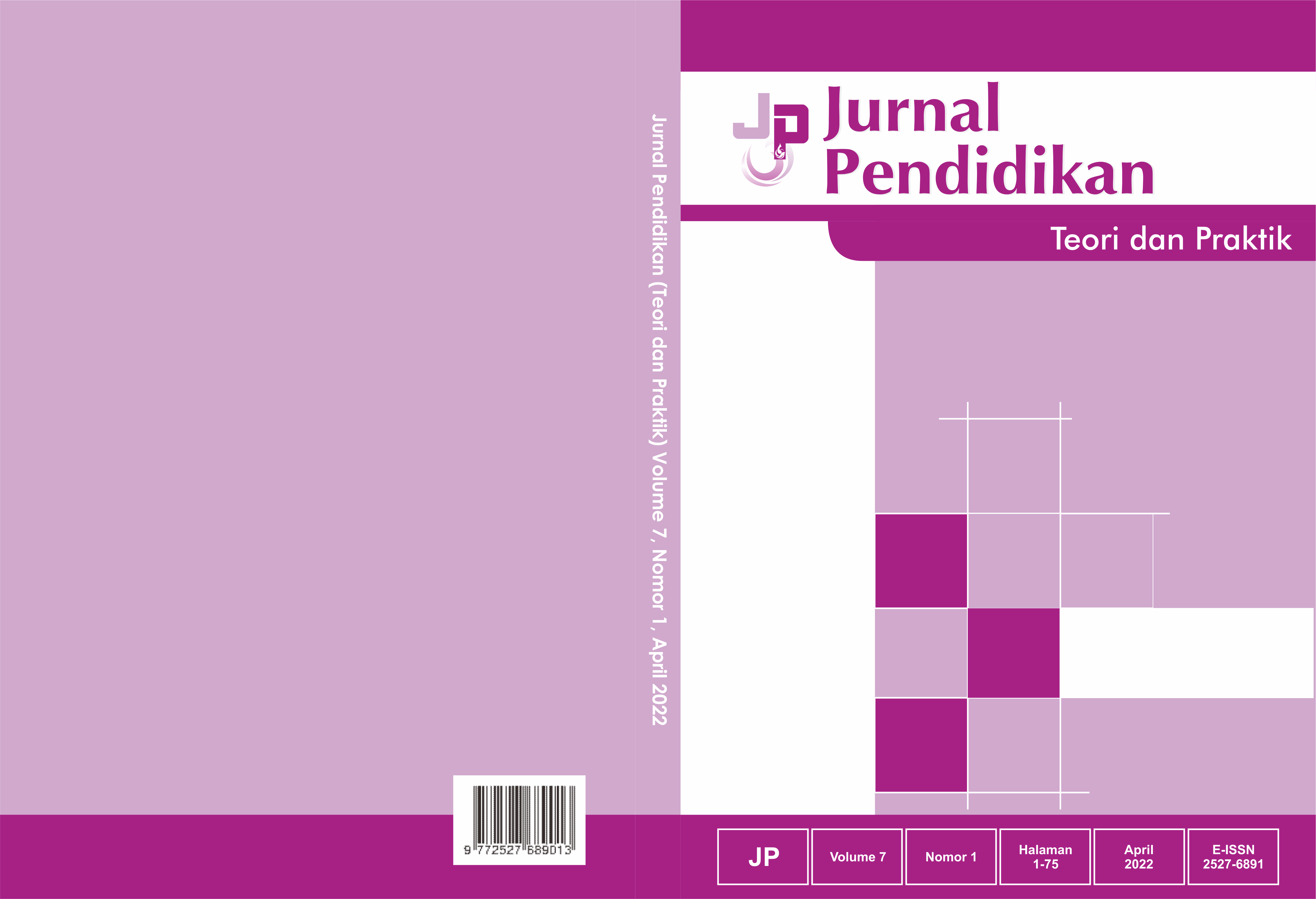SUPPORT OF FAMILY ECONOMIC STATUS FOR FULFILLING THE RIGHT TO EDUCATION FOR CHILDREN WITH DISABILITIES
DOI:
https://doi.org/10.26740/jp.v8n2.p138-147Keywords:
Economy, education for children with disabilities, persons with disabilitiesAbstract
Recognizing the right to education is essential for all groups, including children with disabilities. Therefore, this research was conducted to analyze the relationship between family economic support and the family’s ability to fulfill the educational rights of children with disabilities. Research on disability enhances knowledge in special education and inclusive practices, refining teaching methods and support systems additionally, understanding the vital role of families to advocate for their children's educational rights. This study uses a qualitative approach with a descriptive method. The informant who participated in this study was one of the special school teachers in Yogyakarta who was selected by purposive sampling and had voluntarily agreed to become an informant. Data was collected through structured in-depth interviews and documentation and analyzed inductively. The study results show that family economic support is not the main obstacle in realizing the right to education for children with disabilities. A more significant obstacle that arises in realizing the rights of children with disabilities is parents’ perception in educating their children whether they attend school or not. The results of this study indicate that parents must realize that the right to education must be given to all children, including children with disabilities. Apart from special education, inclusive education must also be widely promoted to increase awareness and the responsibility of parents or families toward their children’s right to education
References
Arrivanissa, D. S. (2023). Mewujudkan Hak dan Kesempatan Kerja Bagi Penyandang Disabilitas Tuna Netra Dalam Perspektif Hukum dan Hak Asasi Manusia. El-Dusturie: Jurnal Hukum Dan Perundang-Undangan, 2(1).
Huberman, A. (2014). Qualitative data analysis a methods sourcebook.
Saputri, A. E., Raharjo, S. T., & Apsari, N. C. (2019). Dukungan Sosial Keluarga Bagi Orang Dengan Disabilitas Sensorik. Prosiding Penelitian Dan Pengabdian Kepada Masyarakat, 6(1), 62.
Umam, M. M., & Arifin, R. (2020). Aksesabilitas Kaum Difabel Dalam Perlindungan Hukumnya Dalam Perspektif Hak Asasi Manusia. Pena Justisia: Media Komunikasi Dan Kajian Hukum, 18(1).
Umam, R. N. (2021). Pendekatan Konseling Lintas Budaya Dalam Mengatasi Stigma Negatif Terhadap Kelompok Minoritas Gender Calabai. EGALITA, 16(2).
Uswatun Khasanah, E., & Pratisti, W. D. (2022). Hubungan Antara Kebersyukuran, Dukungan Sosial Dan Iklim Sekolah Dengan Kesejahteraan Subjektif Pada Guru Sekolah Dasar Di Masa Pandemi. Universitas Muhammadiyah Surakarta.
Downloads
Published
How to Cite
Issue
Section
License

This work is licensed under a Creative Commons Attribution-ShareAlike 4.0 International License.
 Abstract views: 379
,
Abstract views: 379
, PDF Downloads: 339
PDF Downloads: 339








.png)





